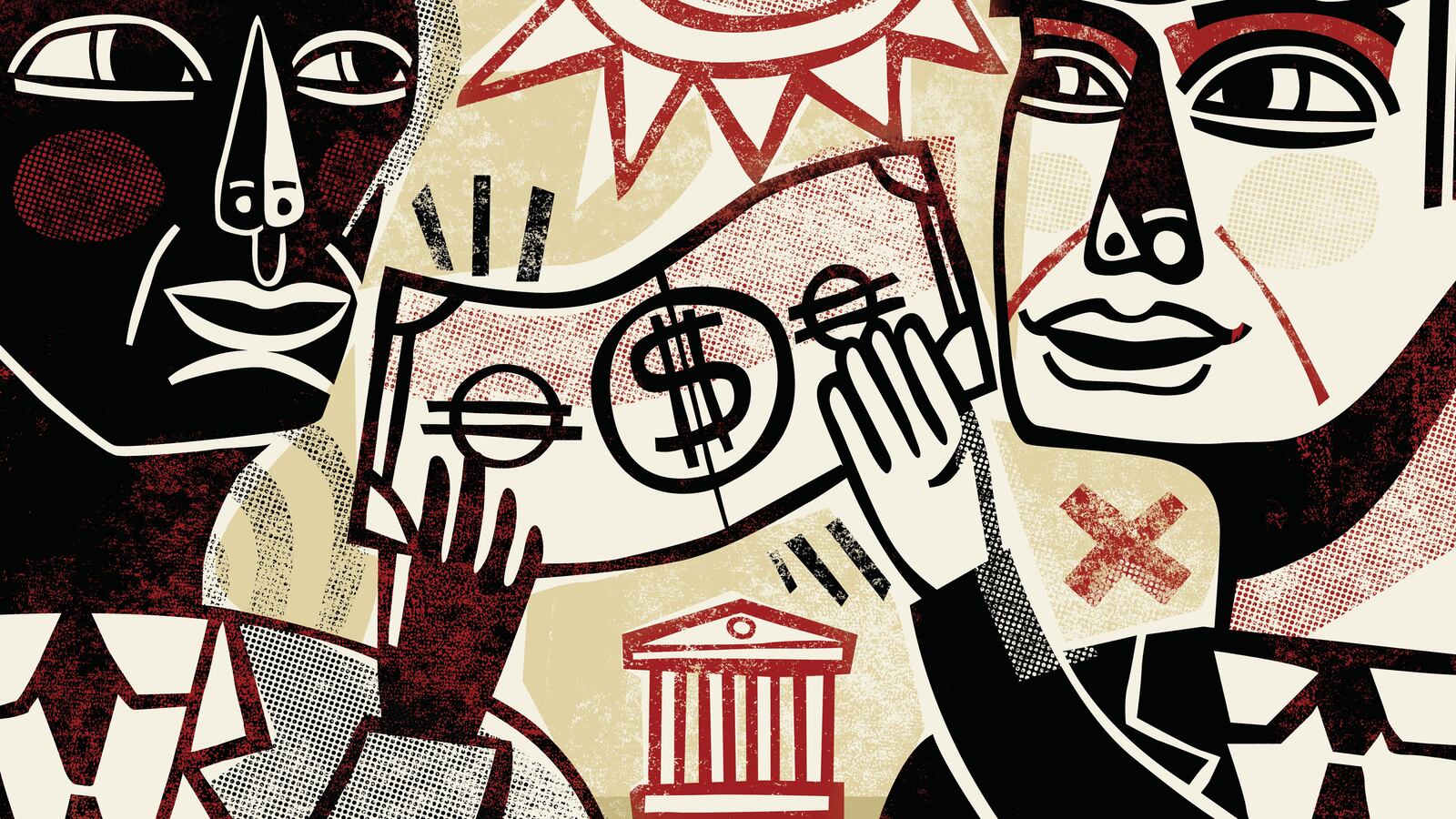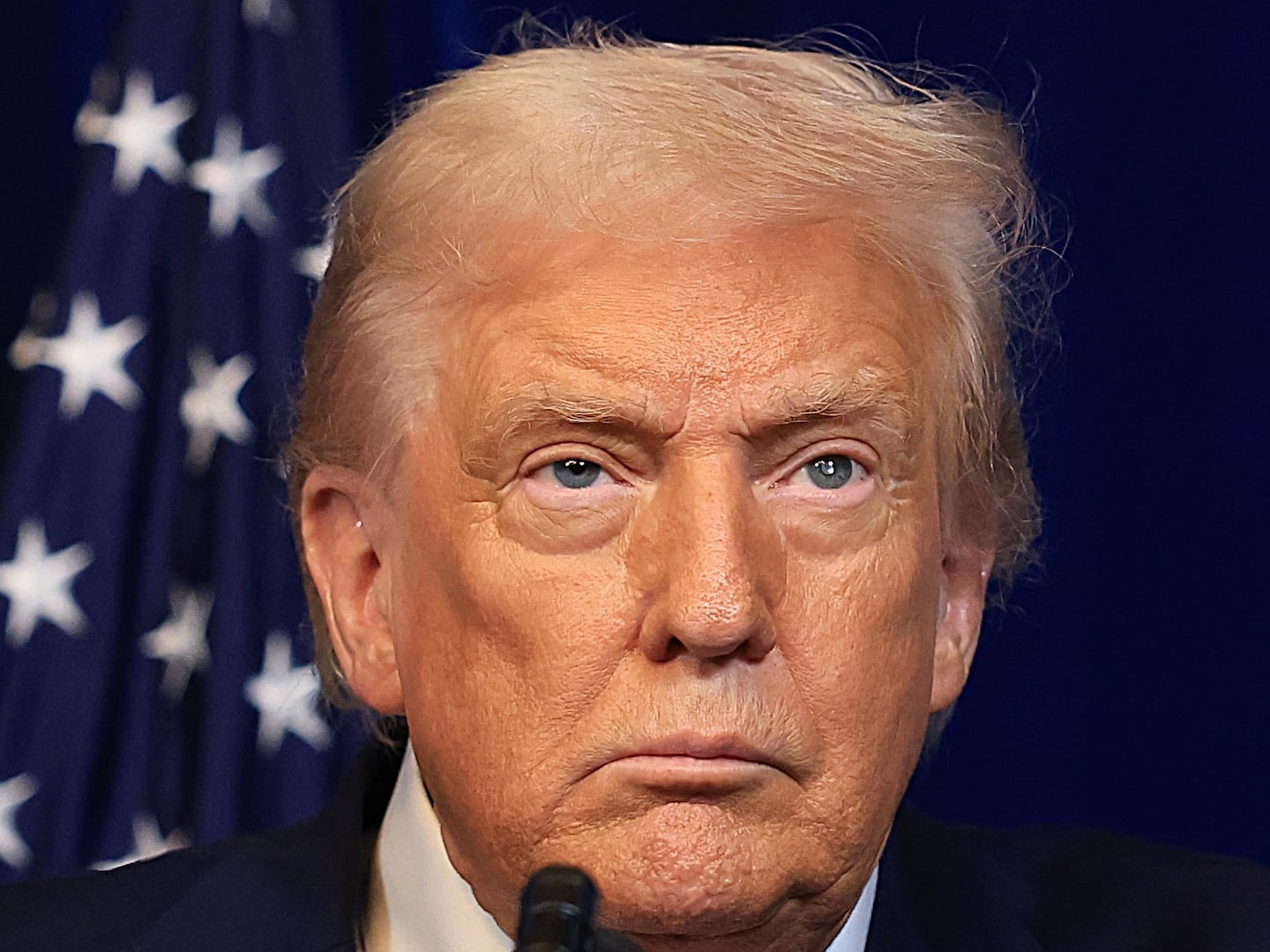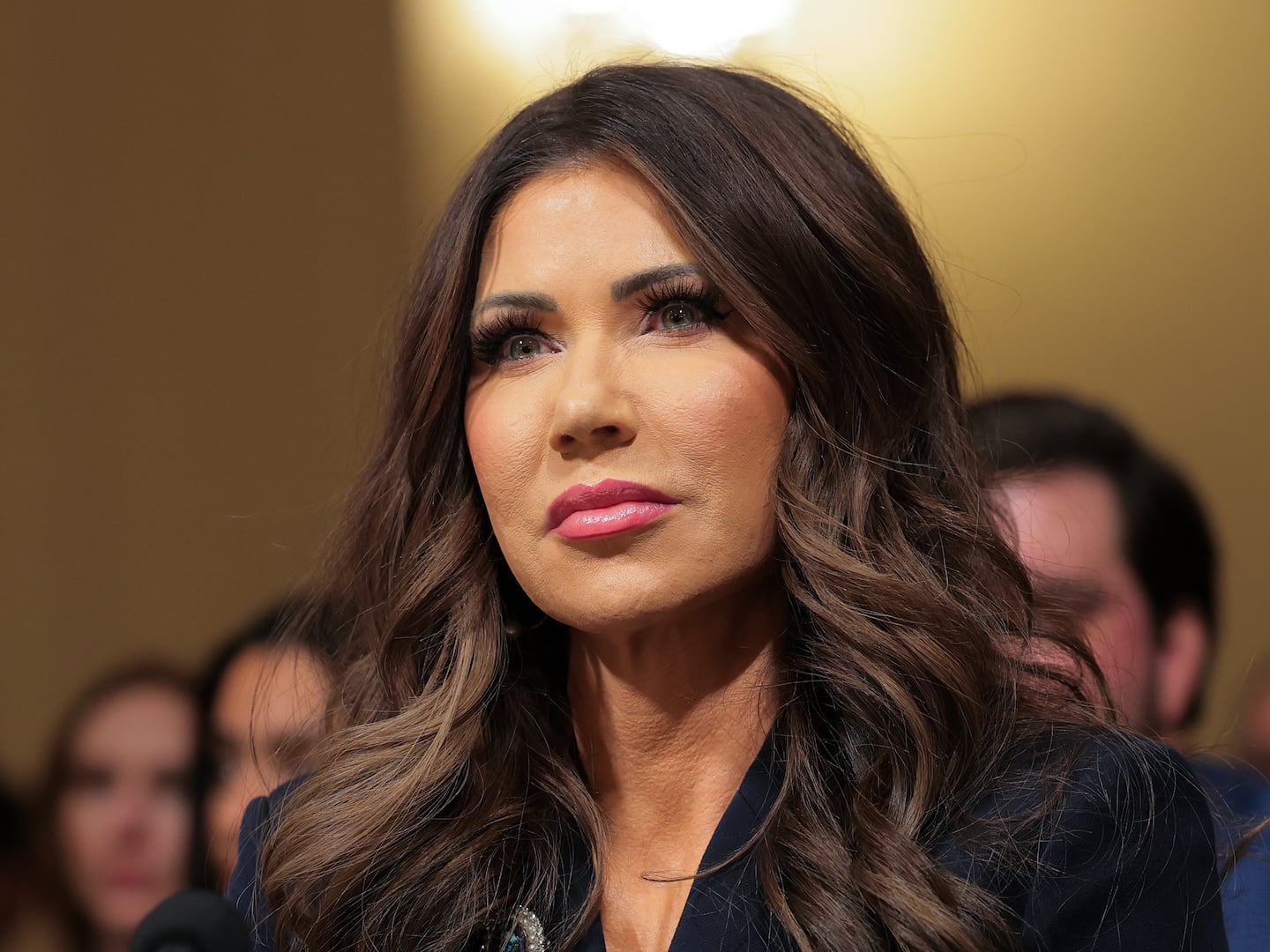
The liberal caricature of rich people is that they’re selfish and self-absorbed, with little concern for the well-being of ordinary Americans, and a driving interest in tilting the playing field to their perpetual advantage.
Unfair, right?
Well, if a new study by political scientists Benjamin Page, Larry Bartels, and Jason Seawright is any indication, that might be an accurate description of the rich, or at least the rich as revealed through their political preferences.
According to the report—which surveyed a sampling of the richest 1 percent of Americans—the wealthy are almost categorically opposed to efforts to reduce inequality and improve material conditions for working- and middle-class people.
Among these Americans, just 40 percent support an increase to the minimum wage, just 13 percent support an expansion of the Earned Income Tax Credit, just 8 percent support a government jobs program for the unemployed, just 32 percent support universal health insurance, and only 30 percent support expanded worker training programs. By contrast, the general public is more supportive of all of these positions.
What the rich do support, however, are policies that would shift burdens to individuals, or introduce some nebulous “competition” into public goods. That includes charter schools (90 percent support), vouchers (55 percent), Social Security privatization (55 percent), and merit pay for teachers (93 percent).
If this agenda looks familiar, it’s because it’s basically identical to the one pushed by “centrist” deficit hawks in Washington, who have devoted themselves to the consensus positions of business and other economic elites. For them, deficit reduction—through substantial cuts to the welfare state—is more vital than efforts to reduce unemployment or strengthen the social safety net.
To wit, as POLITICO reports this morning, these deficit scolds are unhappy with Washington’s turn away from debt reduction, despite the fact that we’ve seen a dramatic decline in the size of our deficits over the last two years:
“Neither party wants to talk about it,” said Maya MacGuineas, president of the Committee for a Responsible Federal Budget. “This is the first time we have been staring into the political horizon and there is no action-forcing moment.”
Of course, this is what the public wants—according to the Pew Research Center, just 63 percent of Americans see the budget deficit as a priority for lawmakers in Washington, down nine points from last year. And they’re right; with high unemployment and sluggish growth, there’s nothing the economy needs less than spending cuts (or less likely) tax hikes.
But, because of their wealth, the rich have a greater claim on the hearts and minds of our politicians than the rest of us. And part of what that means is that, for as much as the public wants concrete action on the economy, it’s highly unlikely to happen.
Indeed, it’s worth keeping this report in mind as Republicans embark on a campaign to show their concern for the least fortunate. If the rich are as selfish as they look, and if they remain a key constituency for the GOP, then—for most Republicans—we shouldn’t expect a substantive shift on poverty.






